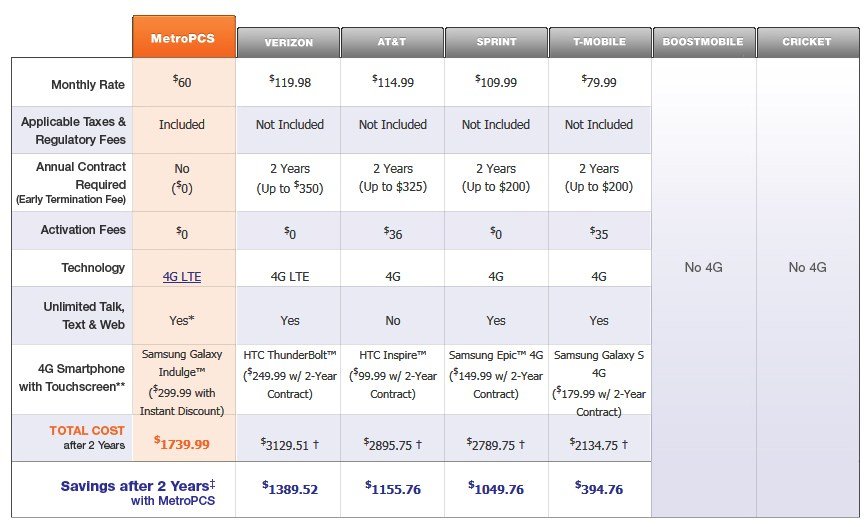 Vermont officials this month are learning broadband maps purporting to represent widespread availability of high speed Internet access across the state are much less accurate than originally thought. Now into its second week, the BroadbandVT project to identify service gaps and collect actual broadband speeds is showing a chasm between provider claims and actual broadband reality on the ground for the state’s 625,000 residents.
Vermont officials this month are learning broadband maps purporting to represent widespread availability of high speed Internet access across the state are much less accurate than originally thought. Now into its second week, the BroadbandVT project to identify service gaps and collect actual broadband speeds is showing a chasm between provider claims and actual broadband reality on the ground for the state’s 625,000 residents.
Vermont’s broadband service availability map was originally reliant on service providers voluntarily contributing data about where service was available — data that has rapidly found to be faulty as Vermont residents report their actual broadband experiences to the state’s website.
The state’s Broadband Mapping Team used data from a phone survey conducted in January by the University of Vermont-Center for Rural Studies to verify providers’ claims of broadband availability. On May 12, state officials reported that their provider-inspired maps were not accurate, and officials wanted residents to help verify coverage.
“I’m bound and determined to have Vermont connected by 2013 — high-speed Internet and cell service to every last mile. One of our challenges is that we don’t have information that we can trust about who has service and who doesn’t,” Gov. Peter Shumlin said. “So we need Vermonter’s help, so we can figure out where to go. So we’re urging Vermonters to use our new website to help us get truth about your service in your home or business.”
In similar cases Stop the Cap! has followed, the biggest sources of inaccurate data turn out to be telephone companies and wireless providers. Phone companies like FairPoint Communications may advertise DSL available in certain communities, but be unable to actually provide the service to every household due to the distance between the central telephone exchange and the customer’s home, or because of deteriorated infrastructure. Wireless providers often theorize where service should be available, but real world experience proves otherwise.
FairPoint told the Brattleboro Reformer the phone company intends to do much better delivering DSL to Vermont residents in the coming weeks. The company claims it already provides DSL access to 82 percent of the state and intends to increase that number considerably higher in June.
“We have a plan with the state to bring total broadband coverage to half of our telephone exchanges in the state, so that’s the first three digits of your phone number. Ninety-five percent of that will be done in the next six weeks,” said FairPoint spokeswoman Sabina Haskell.
Vermont residents appear to be enthusiastic participants in the project, with 1,500 visitors a day using the website’s broadband maps and taking speed tests to share results with the state, who can compare them against providers’ speed claims.
Vermont’s expansion of broadband service is a state priority, and directing resources to areas of need has proved critical as the state receives and spends broadband stimulus funding. Crowdsourced maps can expose exaggerated claims of broadband availability or confirm them as accurate. The state intends to update its maps regularly based on data it receives, all part of an initiative to deliver 100 percent broadband coverage across the state.
[flv width=”360″ height=”290″]http://www.phillipdampier.com/video/WPTZ Plattsburgh Lawmakers Debate Broadband 4-12-11.mp4[/flv]
WPTZ-TV in Plattsburgh explores Vermont’s new initiative to bring broadband to 100 percent of the state’s residents. (2 minutes)
[flv width=”360″ height=”290″]http://www.phillipdampier.com/video/WPTZ Plattsburgh Website Identifies Broadband Availability 5-12-11.mp4[/flv]
WPTZ-TV also reports on the state’s new website to verify broadband mapping data and speed claims made by the state’s phone and cable companies. (3 minutes)
 WFTS-TV in Tampa launched a consumer investigation when a local customer noticed the Verizon FiOS Internet service he was paying for — 25/25Mbps — was actually only providing him with 2.88Mbps upload speeds. Even worse, both providers in the Tampa Bay area — Bright House Communications and Verizon, say actual speeds are not guaranteed, leading at least one customer to file an official complaint with the Federal Communications Commission for false advertising and misrepresentation by Verizon Communications. WFTS examines whether providers have to actually deliver the speeds they promise, or does the fine print get them off the hook, leaving you paying more than you should for Internet speeds you are not getting. (3 minutes)
WFTS-TV in Tampa launched a consumer investigation when a local customer noticed the Verizon FiOS Internet service he was paying for — 25/25Mbps — was actually only providing him with 2.88Mbps upload speeds. Even worse, both providers in the Tampa Bay area — Bright House Communications and Verizon, say actual speeds are not guaranteed, leading at least one customer to file an official complaint with the Federal Communications Commission for false advertising and misrepresentation by Verizon Communications. WFTS examines whether providers have to actually deliver the speeds they promise, or does the fine print get them off the hook, leaving you paying more than you should for Internet speeds you are not getting. (3 minutes)

 Subscribe
Subscribe



